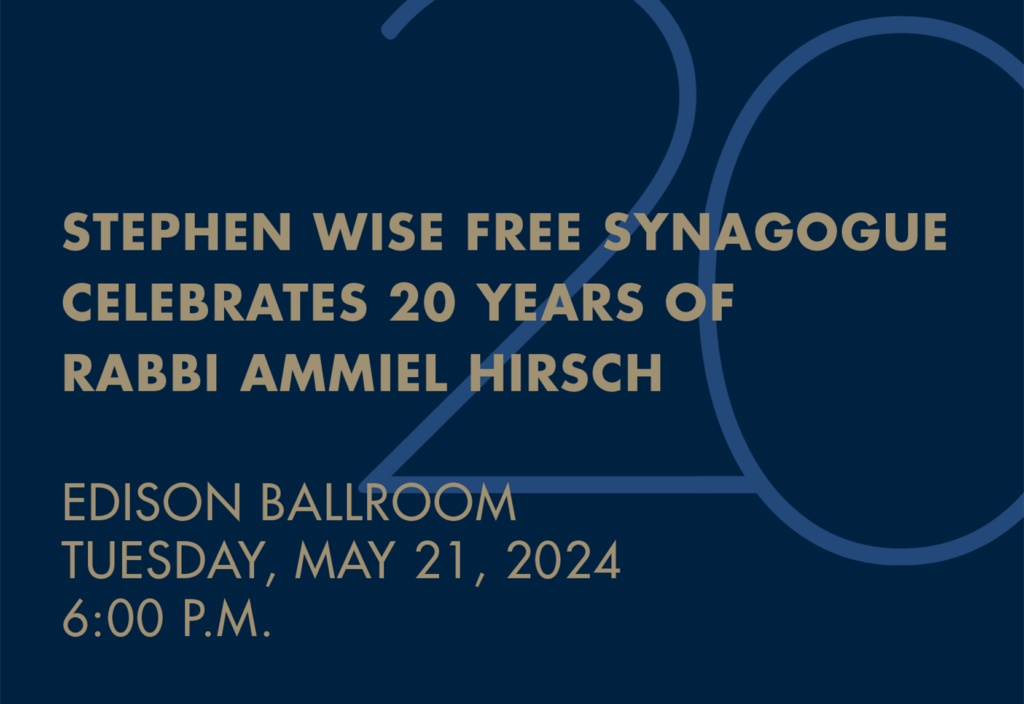In this week’s parashah, we read about “the eternal flame” — the lamp that burned continuously in the Tabernacle. “The light of the eternal flame, according to our Sages, is what we would call today ‘enlightenment’ — moral education,” says Rabbi Ammi Hirsch. “Those who do not think deeply about morality stumble in darkness. Enlightenment requires moral discipline — always, every day, all the time.”
Have you ever wondered why Jews were famously mercantile during the Middle Ages? Traders had difficulty communicating, explains Rabbi Tracy Kaplowitz, but Jews “have always maintained a facility in Hebrew.” Amid modern challenges to the idea of Jewish peoplehood, she argues we must rediscover — and teach the next generation — the ways we are all “bound to our God, to our Torah, to Israel and to one another.”
Taking a leap of faith is challenging for humans, acknowledges Rabbi Samantha Natov. But “if we waited to understand before acting, we might never take a step,” she says. “It is only through living that we gain wisdom.”
Rabbi Ammi Hirsch offers impressions from his two long days of jury duty: “There is no such thing as perfect justice. Everything human is filled with human imperfections. The entire justice system – and so many of the other central institutions of American life – are dependent upon the honor and integrity of the people within those institutions…”
“This Shabbat, we honor the historical memory of the Israelites singing on the shores of freedom, dancing with timbrel in hand, finding strength in being in the moment together,” says Rabbi Samantha Natov. “When we find each other in song – things become simple, even if only for a moment. What divides us is stripped away.”
Rabbi Ammi Hirsch takes a satirical look at antisemitism.


